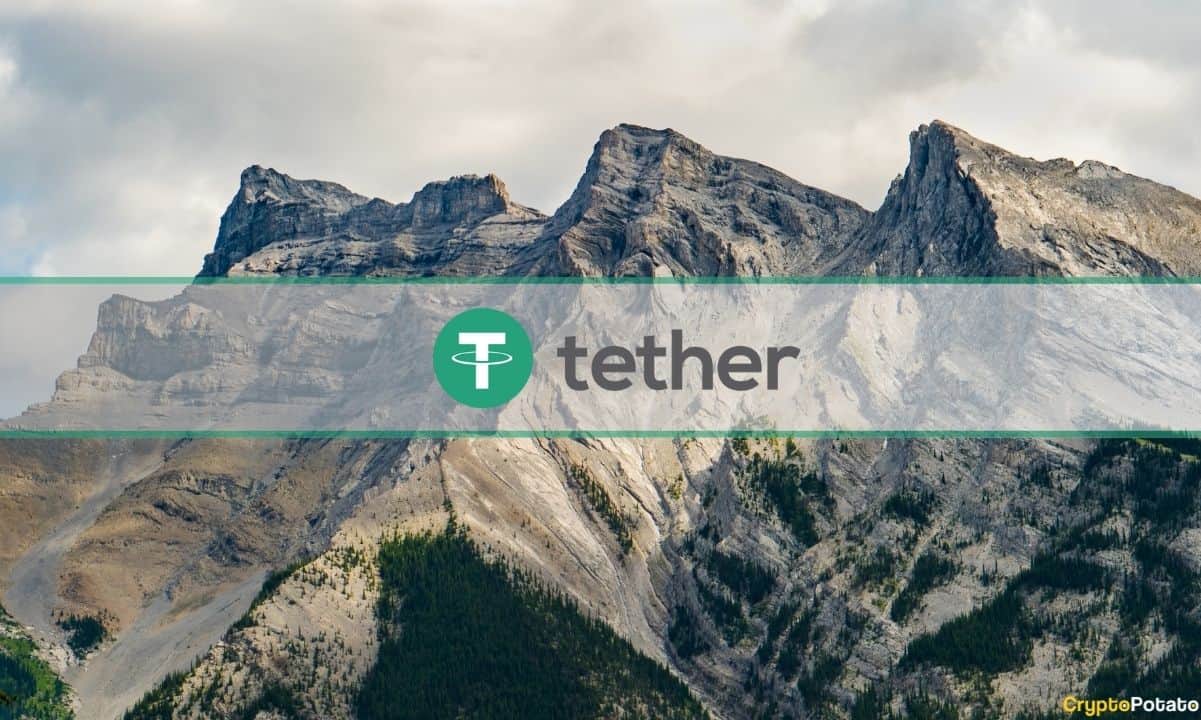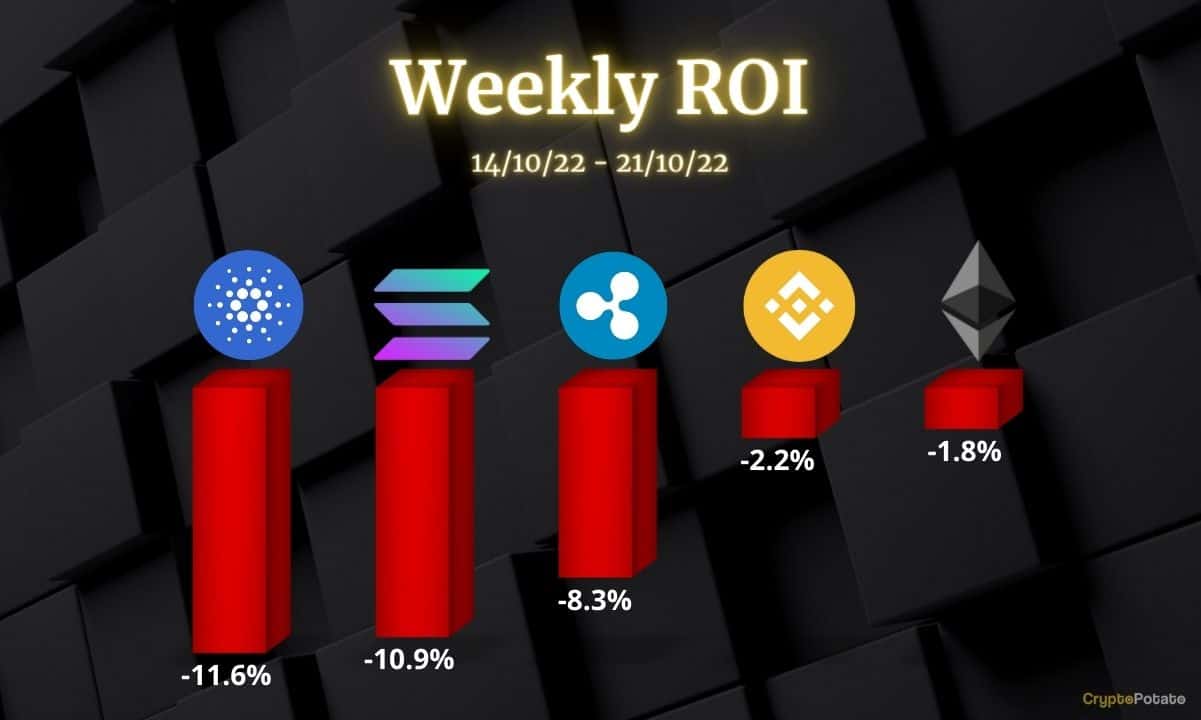4 Problems With Sam Altman’s Worldcoin, According to Vitalik
Ethereum co-founder Vitalik Buterin published a blog post on Monday discussing “decentralized proof-of-personhood” – an ambitious concept at the center of OpenAI CEO Sam Altman’s newly launched “Worldcoin” (WLD) project.
While noting benefits the benefits of the concept at large, the developer highlighted four potential flaws in Worldcoin’s approach that have popular voices in crypto shaking their heads: privacy, accessibility, centralization, and security.
Worldcoin Not Bad On Privacy, Says Vitalik
According to Vitalik, proof of personhood schemes naturally include two important privacy-threatening risks. The first is to possibly link someone’s every action to their actual identity, while the second lies in the existence of a registry of biometric scan data.
Proof-of-personhood systems often use biometric data to verify that its users are all human, and not either duplicate users or bots.
The idea, in Vitalik’s words, is to solve a variety of “anti-spam and anti-concentration-of-power problems” required by decentralized governance structures, and to avoid “both centralized control by a project’s operators and domination by its wealthiest users.”
Worldcoin’s approach is similar: the project’s founders have spent months registering users across the world to its database using a device known as the ‘Orb.’ The Orb does an Iris scan on those who look into it to provide proof of humanity and associates it with a user-provided public blockchain address, to which WLD tokens may be sent in the future.
The project has drawn an immediate hostile response from the crypto community, with some likening it to a “digital dictatorship.”
However, as a matter of privacy, Vitalik claims Worldcoin isn’t that bad: it only records a hash of users’ Iris scans, containing limited information about them.
“There is the possibility that the iris hashes leak some amount of medical data (sex, ethnicity, perhaps medical conditions), but this leak is far smaller than what could be captured by pretty much any other mass data-gathering system in use today (eg. even street cameras),” wrote Vitalik. “On the whole, to me, the privacy of storing iris hashes seems sufficient.”
Centralization Is A Problem
That said, Worldcoin may be limited from accessing the entire global population as its founders intend. As Vitalik notes, doing so would require placing Orb hardware devices across the world for people to use, including in jurisdictions like the United States, where regulatory uncertainty looms around how such projects should be allowed to their tokens.
Worldcoin also has multiple centralized points: its top-level governance, its orb manufacturing, and potentially proprietary algorithms for ensuring authentic participants in the Worldcoin system. Founders claim the project intends to decentralize with time, but this could fail like decentralization attempts before it.
“This could happen because of the common trap of federated protocols: one manufacturer ends up dominating in practice, causing the system to re-centralize,” Vitalik stated.
WLD is already prepped for listing on multiple large crypto exchanges, including Binance, Huobi, Kucoin, and Bitmart.
The post 4 Problems With Sam Altman’s Worldcoin, According to Vitalik appeared first on CryptoPotato.








